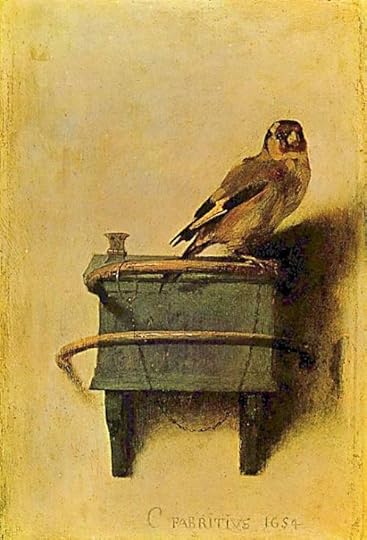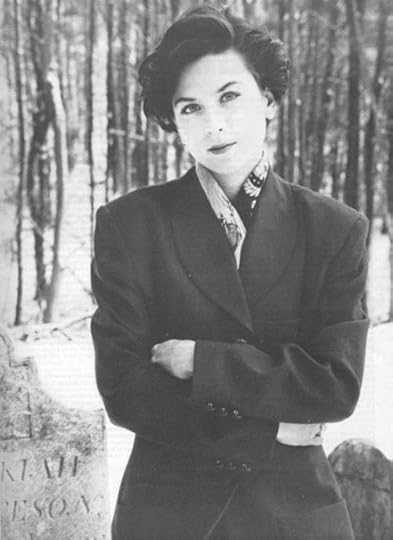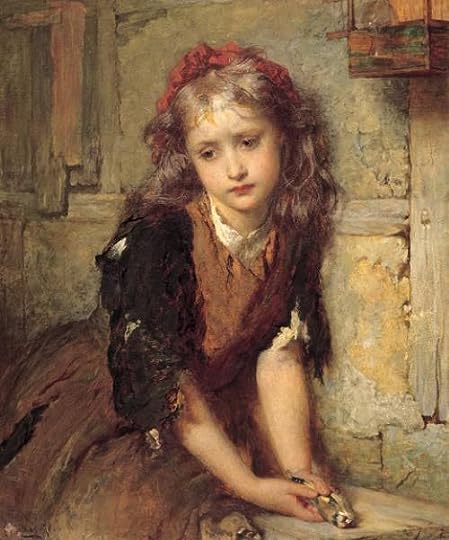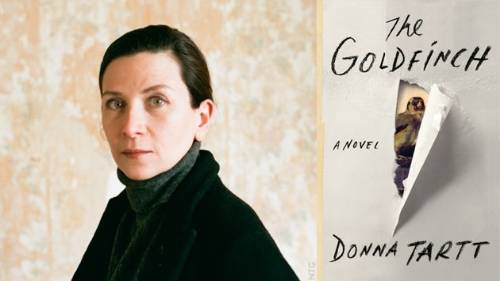What do you think?
Rate this book


771 pages, Hardcover
First published September 23, 2013
"I don't care what anyone says or how often or winningly they say it: no one will ever, ever be able to persuade me that life is some awesome, rewarding treat. Because, here's the truth: life is catastrophe. The basic fact of existence -- of walking around trying to feed ourselves and find friends and whatever else we do -- is catastrophe. Forget all this ridiculous 'Our Town' nonsense everyone talks: the miracle of a newborn babe, the joy of one simple blossom, Life You Are Too Wonderful To Grasp, &c. For me -- and I'll keep repeating it doggedly till I die, till I fall over on my ungrateful nihilistic face and am too weak to say it: better never born, than born into this cesspool."
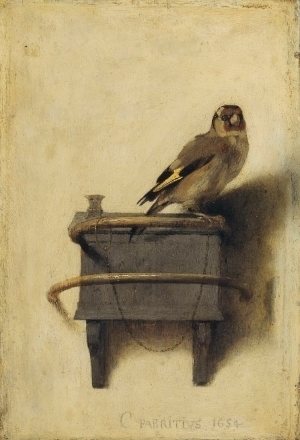

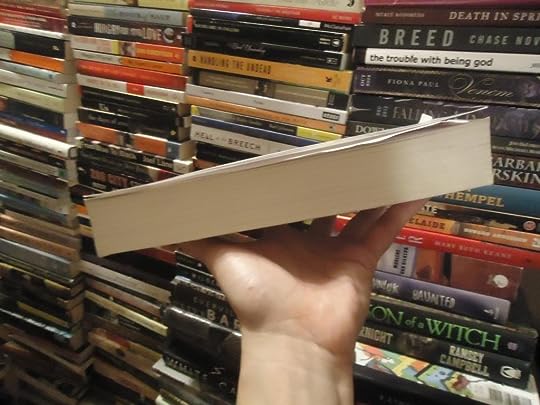
 come to my blog!
come to my blog!***Winner of the Pulitzer Prize for Fiction 2014. Congratulations Donna Tartt!***
